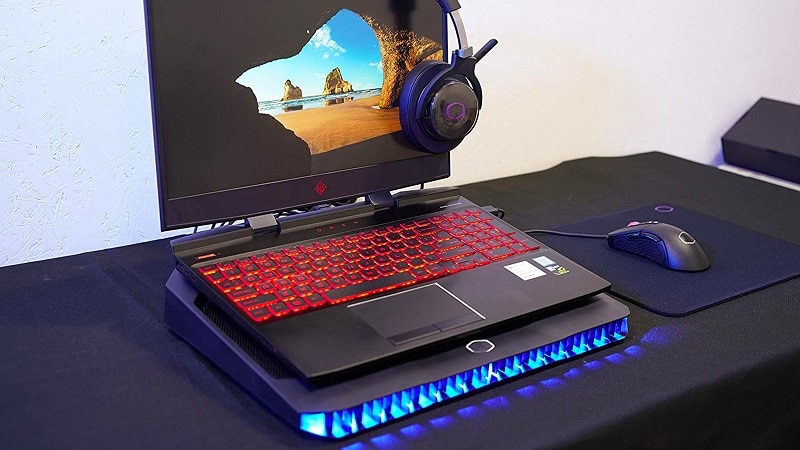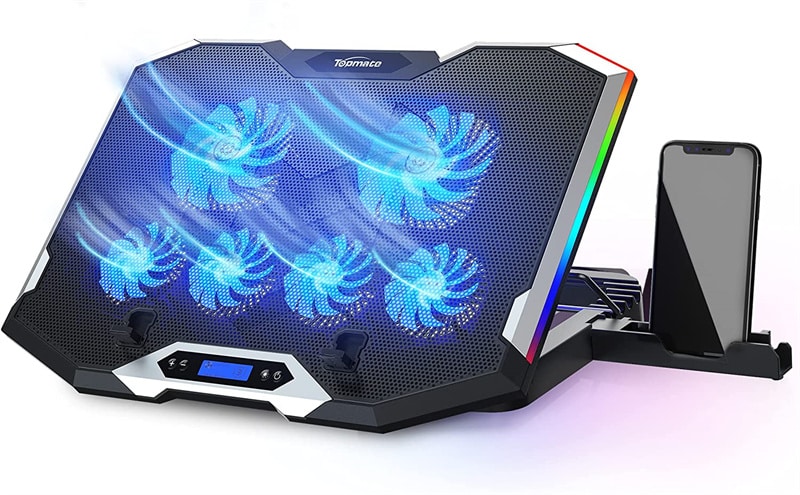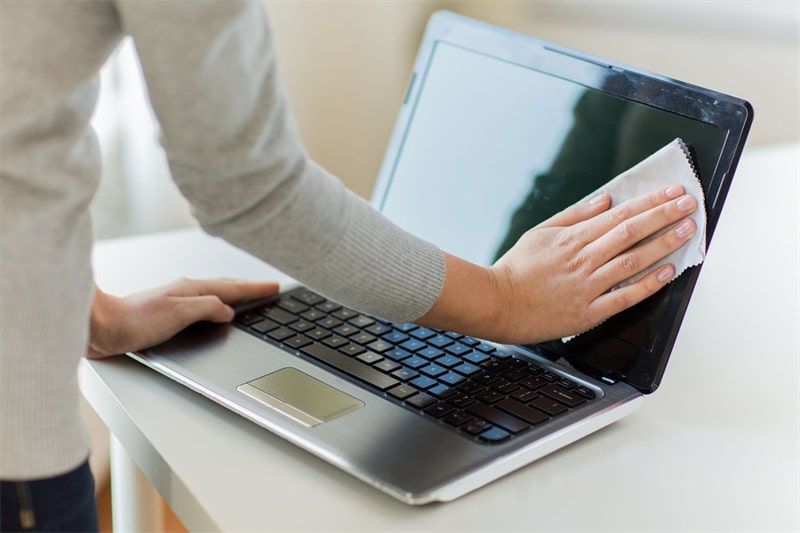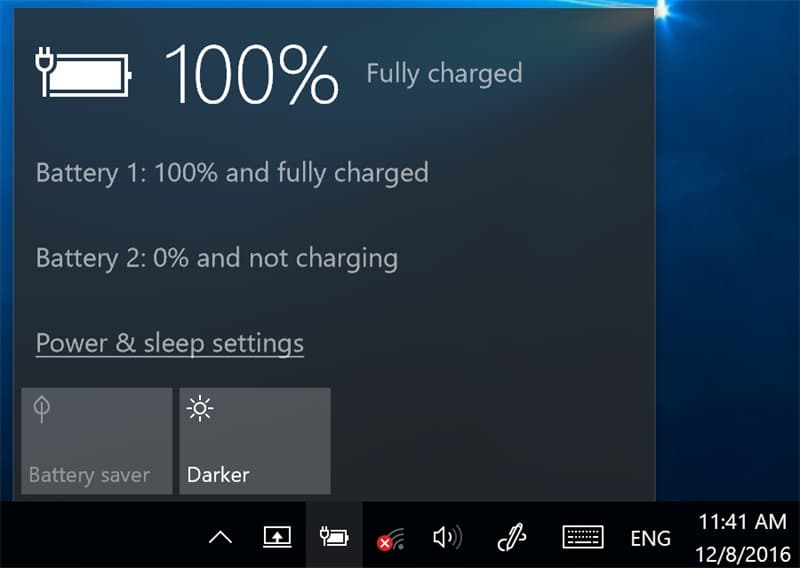
Over the decades, computers are getting smaller and more powerful. Gone are the days when a single computer was big enough to fill an entire room.
We are now able to carry around supercomputers in our pockets wherever we go. However, the downside of their small size is that it comes at a price.
With great power and more portability come overheating problems. This is because the smaller the computer, the smaller the built-in fan. Ergo, the lesser the cooling power.
While this might not cause issues with people who rarely use their computers or only use them to run light apps and processes, those who enjoy demanding games, work on video rendering programs, or like to binge-watch their favorite shows all suffer from a common problem: overheating.
If you’re guilty of this and have a laptop that has been overheating lately, don’t worry.
Before you spend money you don’t have on getting professional help, you need to take a few great steps first.
This article will teach you how to improve laptop cooling using five practical and easy steps to avoid permanent hardware issues in the future.
Let’s begin!
#1. Invest in a laptop cooler

If you don’t know what laptop coolers are, we can tell you that most of them look a lot like something from a sci-fi movie. However, its use is practical and simple.
As what you can get from its name, a laptop cooler helps your laptop dissipate heat better. They are platforms made out of plastic and/or metal with built-in heavy-duty fans that you simply turn on and place under your laptop.
Don’t let the awesome look fool you. Fortunately, laptop coolers are very affordable and do their job very well.
You can also use an ordinary laptop stand. The way it elevates your laptop completely can take some of the heat off of your hardware.
But if you’re on a budget and don’t want to spend even a cent, you can also use elongated blocks with flat bases to elevate your laptop to a certain angle where the vents are not impeded. It’s quick and free!
The only downside to an ordinary laptop stand and block is that they don’t provide powerful cooling features that you may need during demanding activities.
#2. Consider better laptop placement
Flat, hard surfaces are great for ensuring that heat properly escapes your computer’s vents. This is why using your laptop in bed or placing it on your lap is not ideal.
The soft and uneven surfaces can block your laptop's cooling vents and keep the heat inside, making your computer fan work harder than it should and causing the whole machine to overheat.
#3. Clean your laptop regularly

While this one is quite obvious, not everybody ever thinks about this as a great way to keep laptops cool. It’s because most people don’t know how or are too afraid to do it, lest they ruin their laptop’s internal hardware.
In which case, tap into your close circles and ask your tech-savvy friends to help you out. Debris accumulation inside your computer can hamper its fan’s efficiency and lead to overheating.
A simple clean every month or two, depending on how dusty your home can get, a simple clean every month or two should do the trick. You really need a can of compressed air, a screwdriver, and a soft cleaning brush.
#4. Tweak your laptop settings
Without you realizing it, your laptop may have apps and processes running in the background, causing your built-in fan to work overtime.
Simply address this by going to your computer’s settings (Task Manager for Windows and Activity Monitor for Mac).
You can also stop some demanding applications from running the moment you turn on your computer by tweaking your computer’s startup settings (Startup Folder for Windows and System Preferences for Mac).
This ensures that you’re only using apps and programs you need while on your computer and prevent your fan from working overtime.
#5. Practice better battery and charger usage

Laptops, much like all electronics, come with limited lifespans. This is why proper maintenance is a must.
Make sure you don’t overcharge your computer. In most computers, the charging jack is attached to the motherboard. So, if you burn out your charging jack, you also risk ruining your motherboard.
Another great charging practice is to only charge your computer when you’re not using it. When your computer is plugged in, more heat is produced. We recommend charging at night but be careful not to keep it plugged in overnight.
And there you have it — our five tips to keeping your laptop cool and working for years to come. If your computer is still overheating after doing all these steps, then it’s time to call the professionals.










